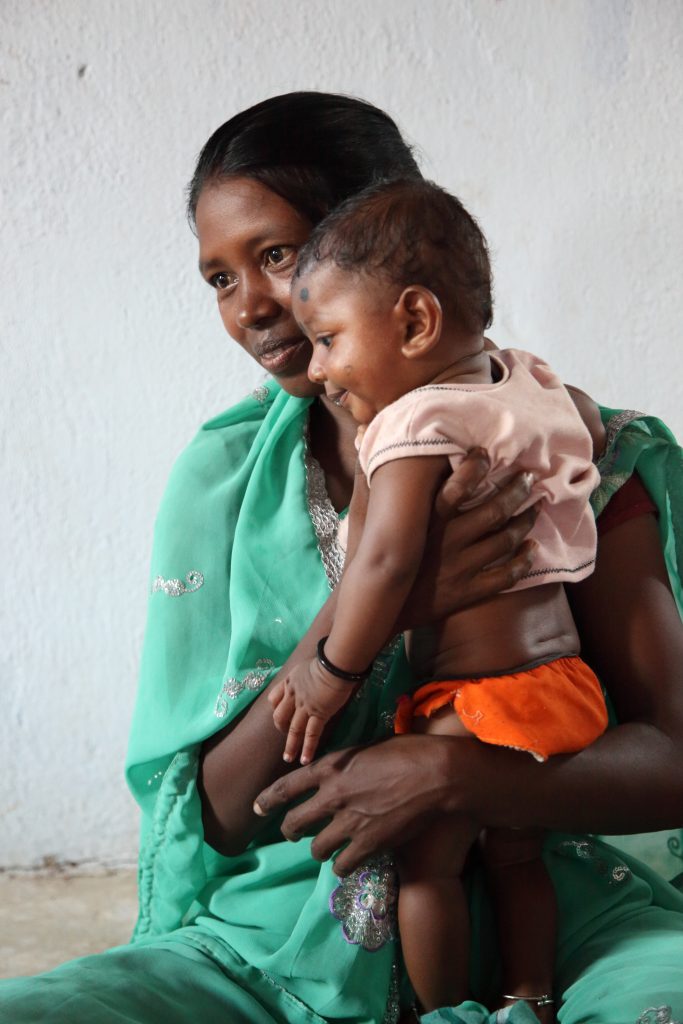Improving reproductive health outcomes in India, a photo essay
Our focus in India is the adolescent ‘pre-marriage’ period, or the life course moments encompassing adolescence related transitions such as puberty and sexual initiation affecting women’s health and well-being around this time. 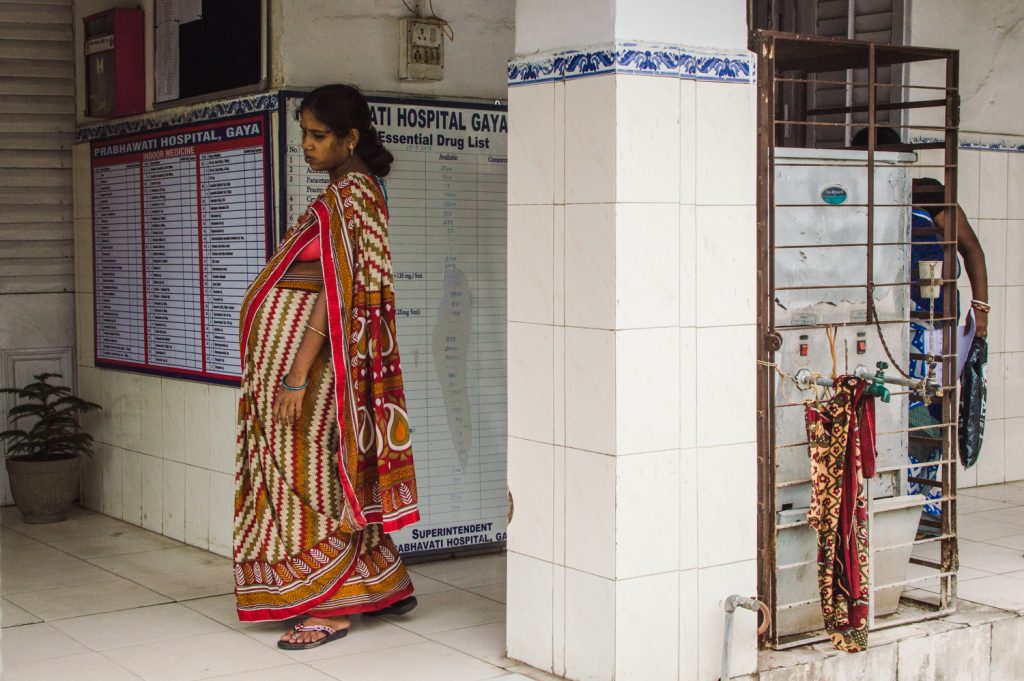
Bihar has the lowest public spending on health in India and subsequently faces many challenges including a lack of health facilities. The national and local government is trying to address the sexual and reproductive health needs of 13-35 year old females; looking at how services such as counselling and education could delay the age of marriage and enhance health behaviours.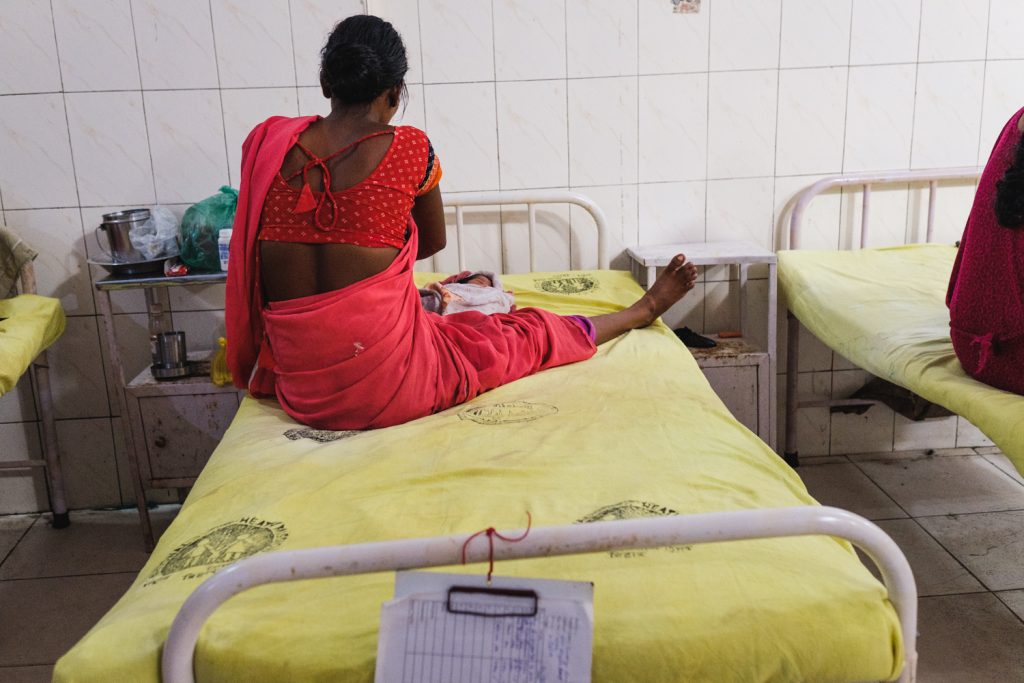 The age when a woman gets married in India is an important factor in predicting issues with her future reproductive health. Girls who marry young are also likely to drop out of school and reduce their future economic opportunities. Core is working with adolescent girls and young women to co-create concepts which could help broaden their horizons and empower them to improve their reproductive health.
The age when a woman gets married in India is an important factor in predicting issues with her future reproductive health. Girls who marry young are also likely to drop out of school and reduce their future economic opportunities. Core is working with adolescent girls and young women to co-create concepts which could help broaden their horizons and empower them to improve their reproductive health.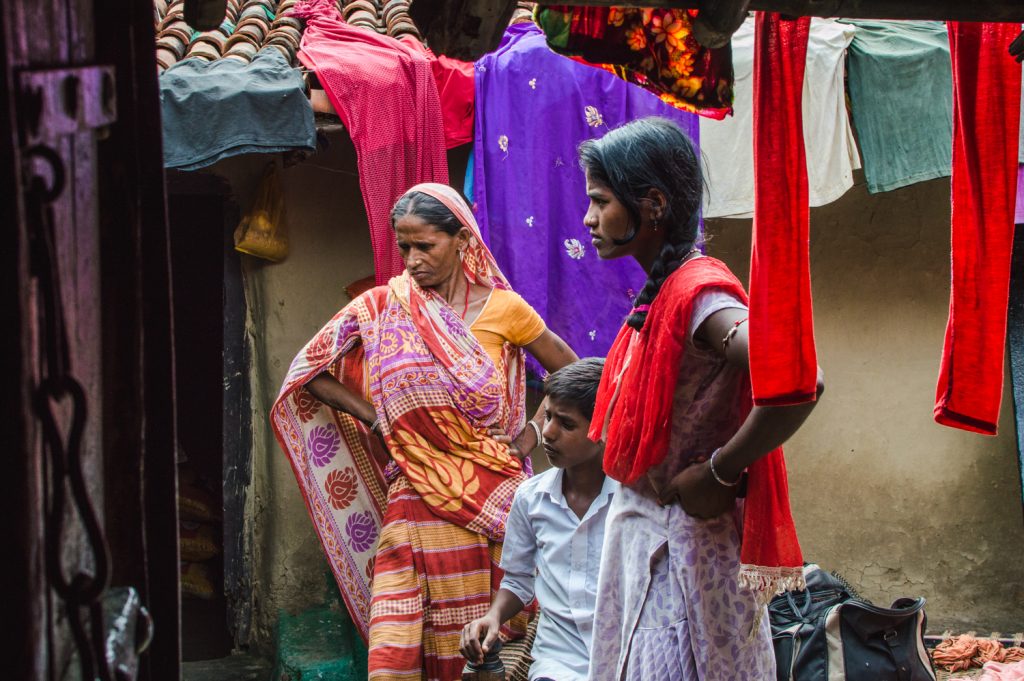 Discussions around sexual and reproductive health remain taboo. Sexual education in schools is a controversial topic, yet many families have an expectation that this is where their daughters will learn about these important issues. This can leave large gaps in their knowledge at a crucial time and put them at risk. As part of our human-centered design work Core is collaborating with those whose needs we seek to serve to find solutions that take into account these sensitivities.
Discussions around sexual and reproductive health remain taboo. Sexual education in schools is a controversial topic, yet many families have an expectation that this is where their daughters will learn about these important issues. This can leave large gaps in their knowledge at a crucial time and put them at risk. As part of our human-centered design work Core is collaborating with those whose needs we seek to serve to find solutions that take into account these sensitivities.
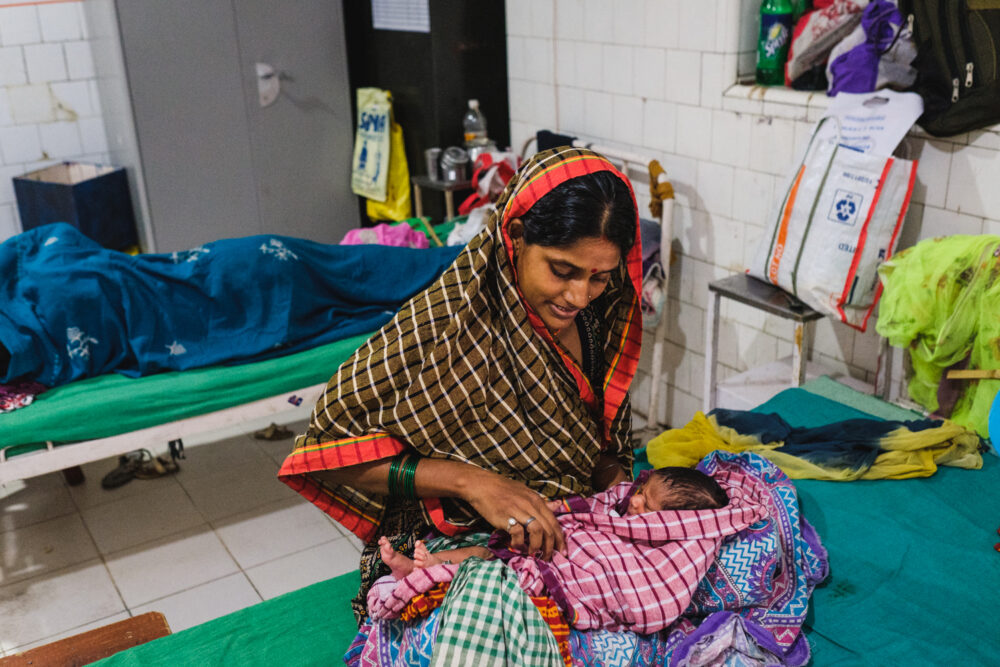 Menstruation too can carry a stigma and in some areas women maybe be considered unclean during menstruating and face exclusions, further deepening gender disparity. In Bihar only 31% of women aged 15-24 currently have access to hygienic sanitary pads and tampons that are distributed by village health workers.
Menstruation too can carry a stigma and in some areas women maybe be considered unclean during menstruating and face exclusions, further deepening gender disparity. In Bihar only 31% of women aged 15-24 currently have access to hygienic sanitary pads and tampons that are distributed by village health workers.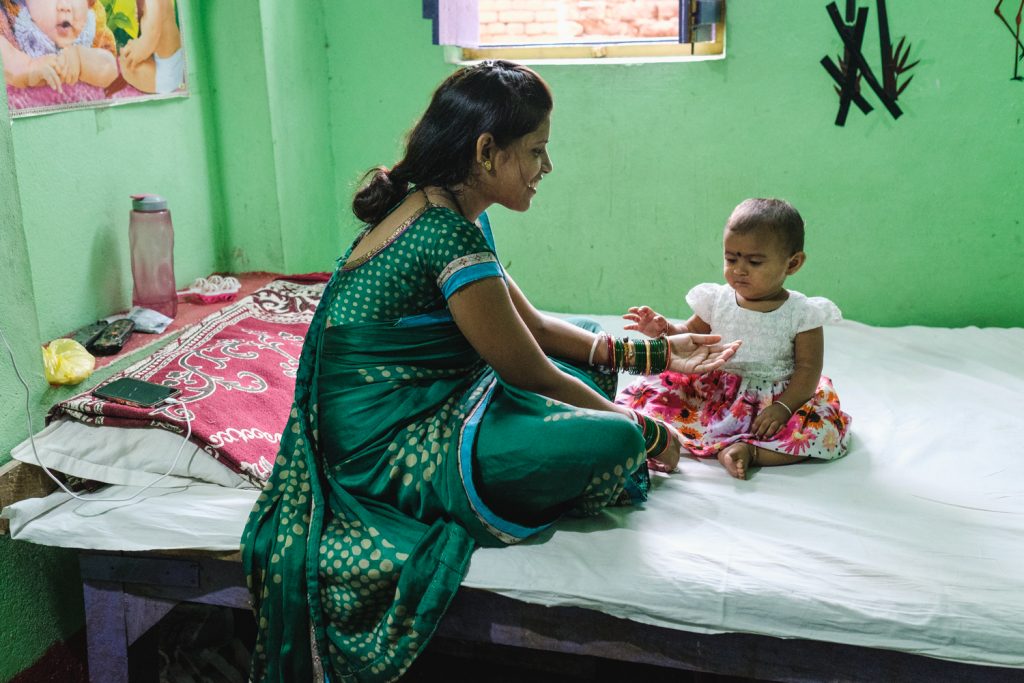 There is a need to raise awareness around good maternal health; encouraging women to visit ANC clinics for check-ups during pregnancy and to take recommended supplements such as folic acid. Maternal mental health awareness too needs to improve and is currently affected by cultural factors such as a pressure to remain in the house during pregnancy and taboos that stop women from seeking the support they need.
There is a need to raise awareness around good maternal health; encouraging women to visit ANC clinics for check-ups during pregnancy and to take recommended supplements such as folic acid. Maternal mental health awareness too needs to improve and is currently affected by cultural factors such as a pressure to remain in the house during pregnancy and taboos that stop women from seeking the support they need.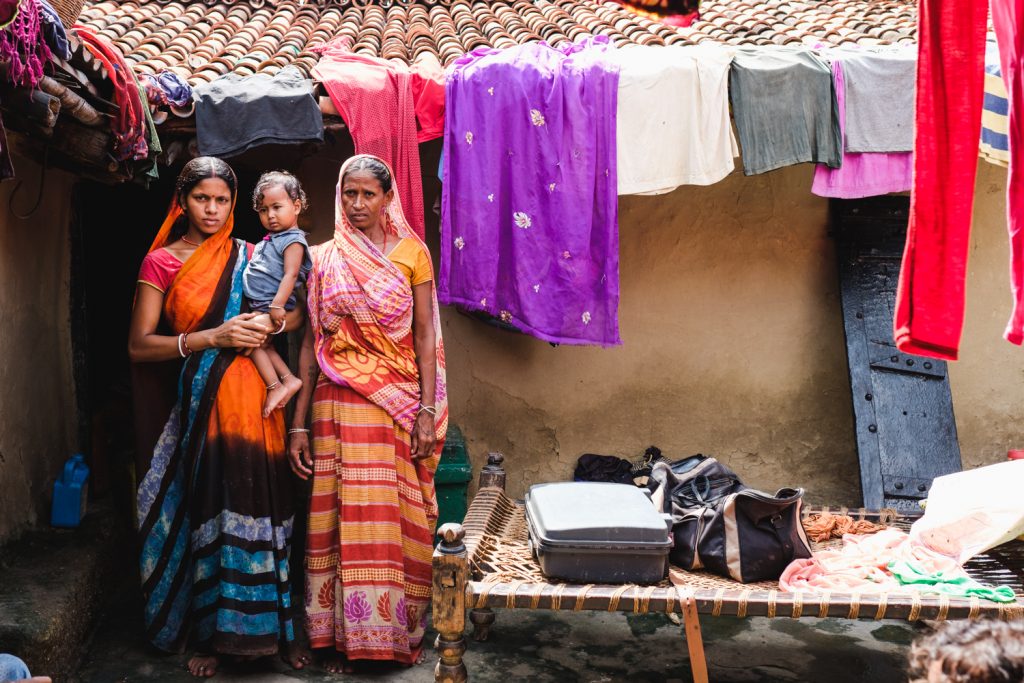 The Core team has been meeting with multigenerational families in Bihar, from girls to grandmothers, to gain perspectives on the different stages in a woman’s life. These conversations have helped shine a light on the important touch points in a girl’s transition to womanhood and shown where possible interventions could be made to improve women’s long term health and wellbeing.
The Core team has been meeting with multigenerational families in Bihar, from girls to grandmothers, to gain perspectives on the different stages in a woman’s life. These conversations have helped shine a light on the important touch points in a girl’s transition to womanhood and shown where possible interventions could be made to improve women’s long term health and wellbeing.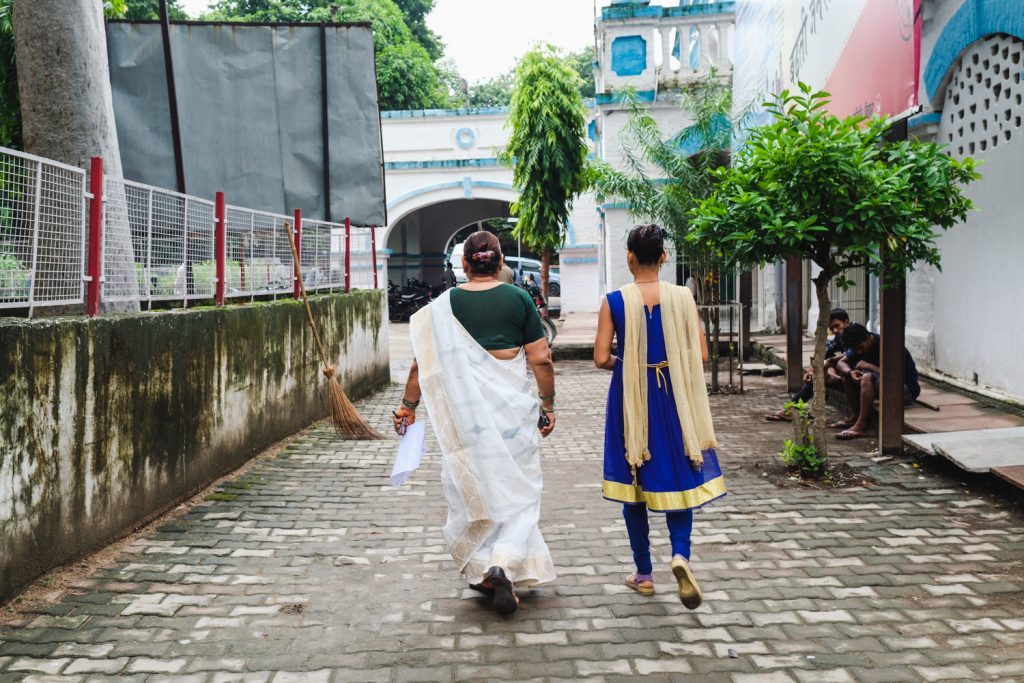 Young women in India, especially those who are recently married, have very little personal freedom, including the freedom to travel. Often they will leave their families and school friends behind and move to a new village and family home where they will take on the role of wife and daughter-in-law. It can be a challenging adjustment for which many girls are not prepared.
Young women in India, especially those who are recently married, have very little personal freedom, including the freedom to travel. Often they will leave their families and school friends behind and move to a new village and family home where they will take on the role of wife and daughter-in-law. It can be a challenging adjustment for which many girls are not prepared.
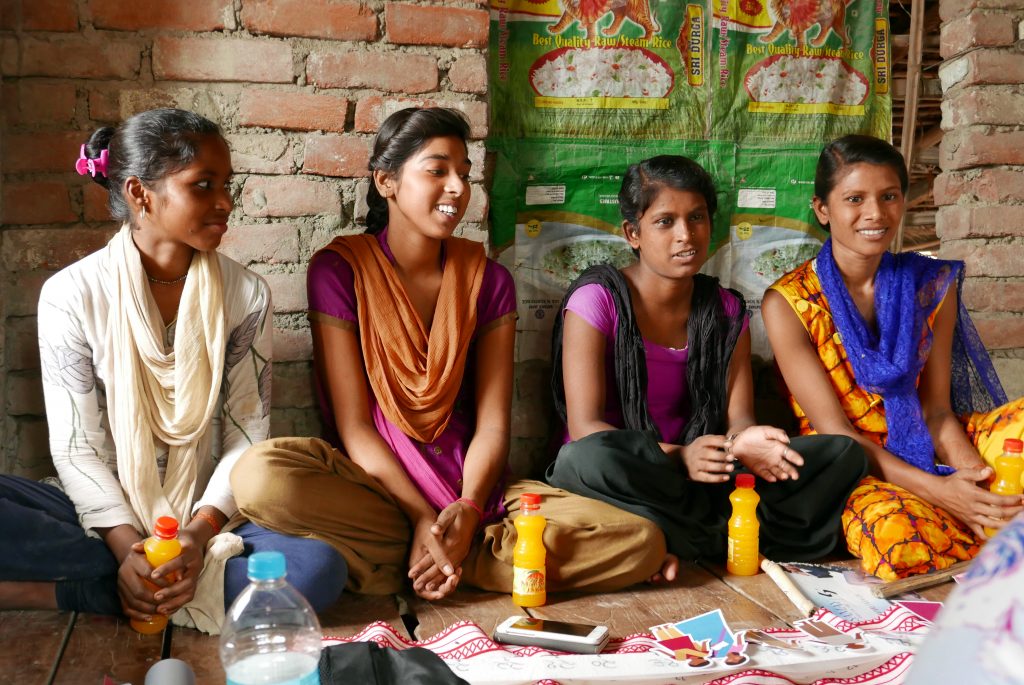 Core’s interviews with young women, girls and their families have shown how significantly a woman’s health outcomes can be affected by both the roles and spaces she occupies during her life. In addition we have seen how the roles others play in her life can impact her agency and opportunity.
Core’s interviews with young women, girls and their families have shown how significantly a woman’s health outcomes can be affected by both the roles and spaces she occupies during her life. In addition we have seen how the roles others play in her life can impact her agency and opportunity.
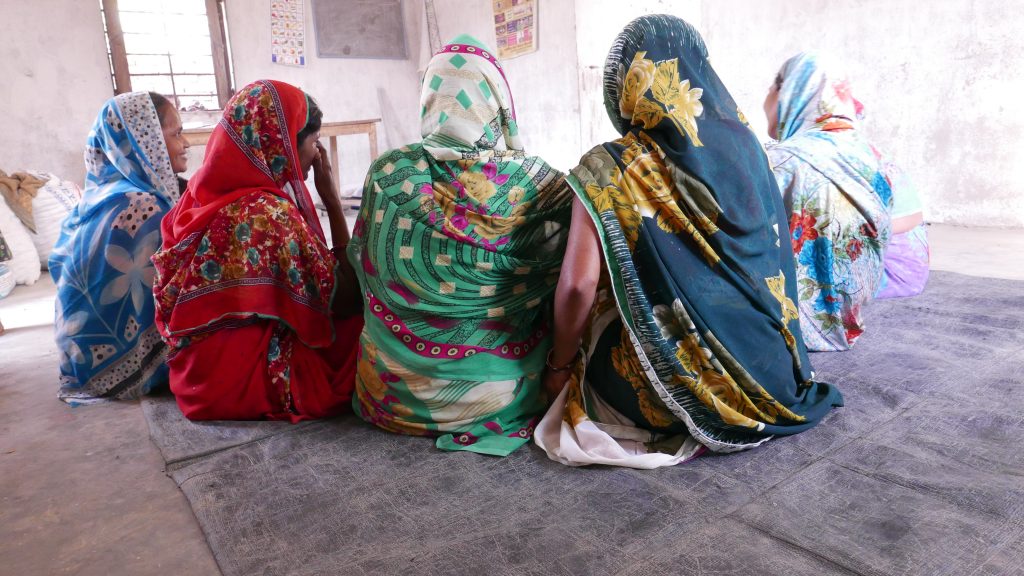 The discovery of the significance of time, role and space, what we are calling the ‘time space role continuum’ has led Core to look at the idea of safe spaces. The team is currently co-creating with our partners, to see how these safe spaces could be developed and provide a place where girls and young women could learn and practice self-expression as well as access sexual and reproductive health information.
The discovery of the significance of time, role and space, what we are calling the ‘time space role continuum’ has led Core to look at the idea of safe spaces. The team is currently co-creating with our partners, to see how these safe spaces could be developed and provide a place where girls and young women could learn and practice self-expression as well as access sexual and reproductive health information.
